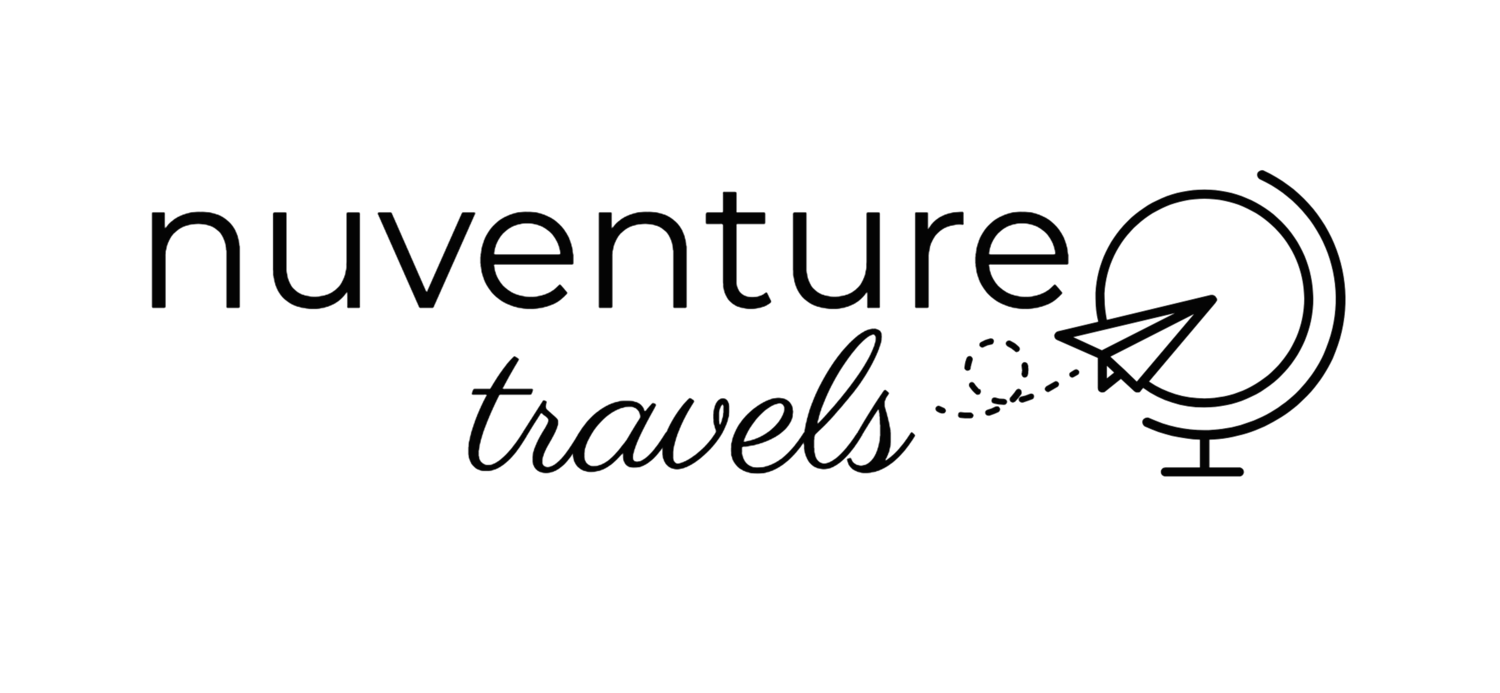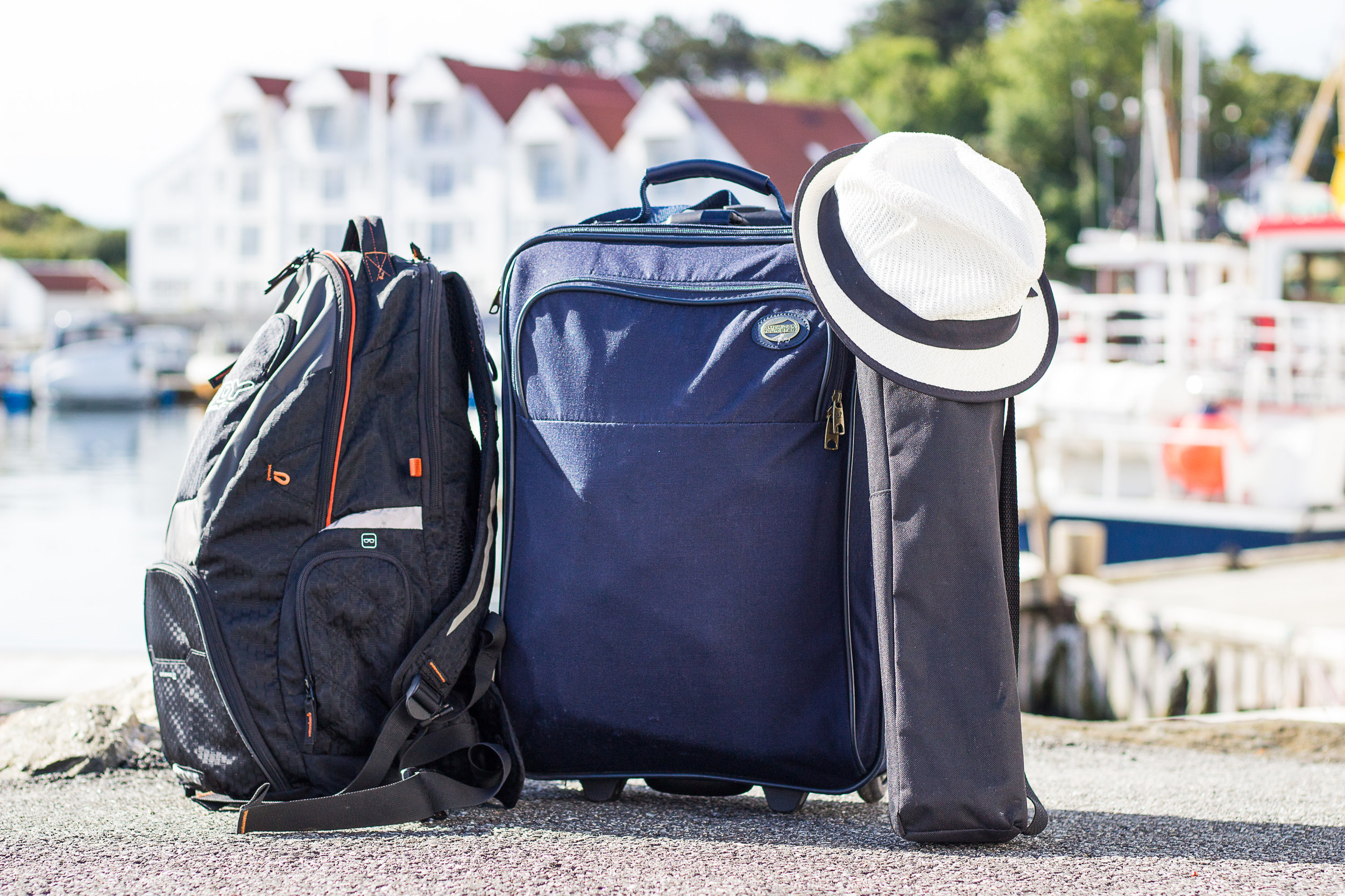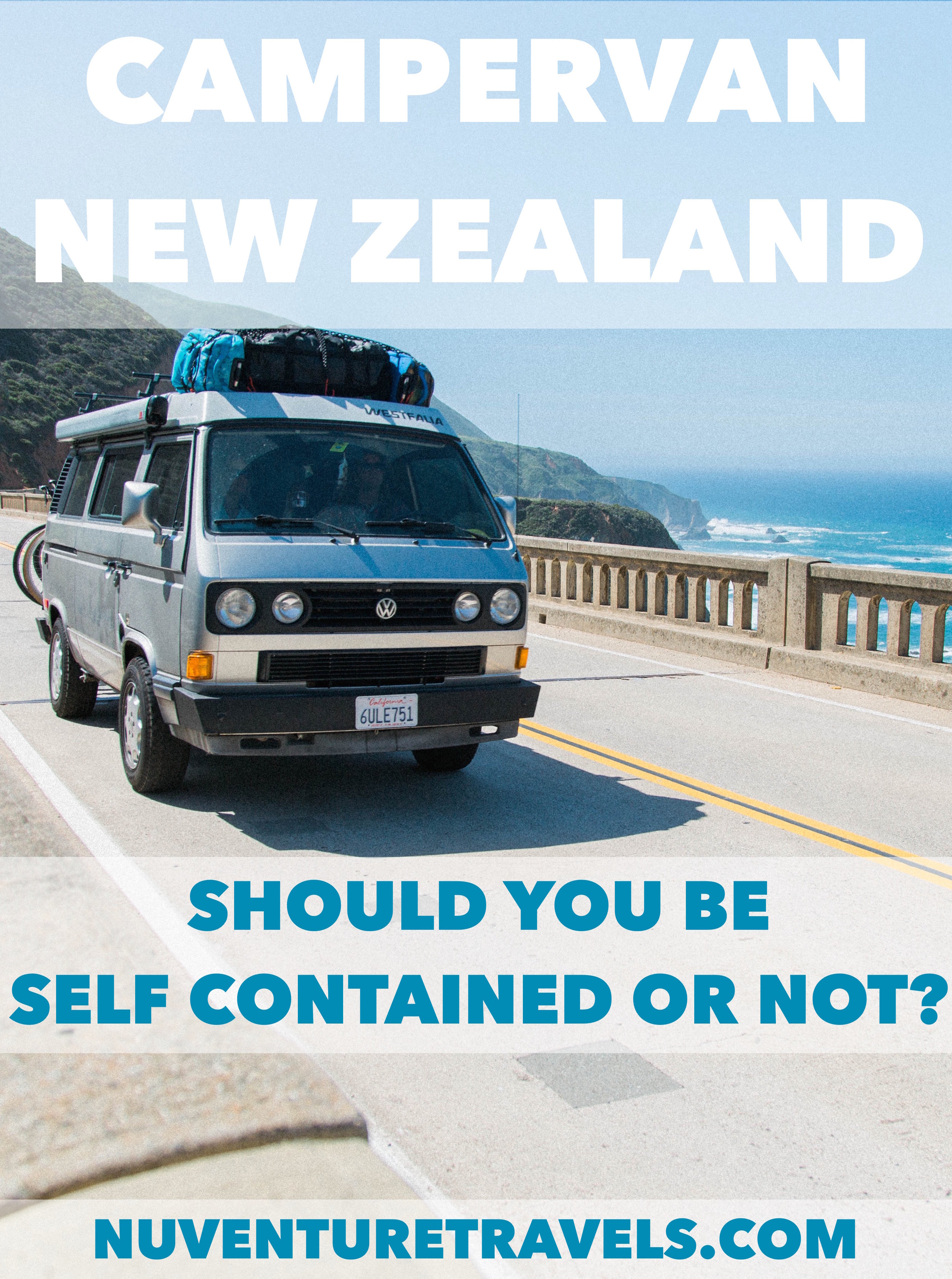"If you could name the most important piece of gear you pack, what would it be?"
A friend asked us this the day we flew back from Finland after 4 months of traveling Europe.
We scanned our memories and packing lists. At that time, we'd been traveling for over three years living out of small backpacks and luggage. We'd traveled the US living out of a tent and our car, then campervanning New Zealand, to backpacking South East Asia, to then RVing the US, and just recently campervanning Europe.
We both had our answers pretty quickly and our friend was shocked they weren't electronics.
We call these items our MVP's of Gear.
The one thing we always pack with us and why:
Lindsey's Most Valuable Piece of Gear:
Perfect as a headband, ear warmer, and a neck guard on the Tongariro Crossing in New Zealand.
A BUFF
What is a buff?
A Buff's a continuous loop of fabric you can use for anything!
Here's why it's my #1 packing item:
I can use it in so many ways in both hot and cold weather! This is important, because when Adam and I set out on a trip, we have a general idea of where we're going but no set plans and no itinerary. We figure it out as we go. This means when I'm packing for months worth of travel, I have no idea what weather I'm getting myself into. So, when I'm packing I cover myself with clothes for both hot and cold weather.
I love my Buff! It covers me for everything and is so tiny to pack. In hot weather I use it as a hair tie, a head band, and as a rag. And for cold weather I use it as a hat, an ear muff, and to cover my neck. This simple piece of fabric is essential for me!
Adam's Most Valuable Piece of Gear:
Epic wipes were needed after cruising muddy trails in West Virginia with no water hookups for showers in the camper!
BABY WIPES
Why is it Adam's #1 packing item?
They're a showerless way to clean every nook and cranny on your body-- I mean every nook and cranny;)
After experiencing South East Asia's toilet hygiene habits for six months, Adam was converted. And it makes total sense--- we heard this from our friend Daranee who's a doctor in Thailand. She put it this way (I'm paraphrasing here): "When you go out to work in the dirt in the garden, you don't come inside and wipe your hands with dry paper towels to clean off-- ew! You wash your hands to clean yourself. Same goes for doing your duty. Why use just dry toilet paper to clean?" Interesting point. Very interesting point. We know:)
Be Prepared!
You can snag both of these on Amazon so you're ready to pack them away on your next trip.


















